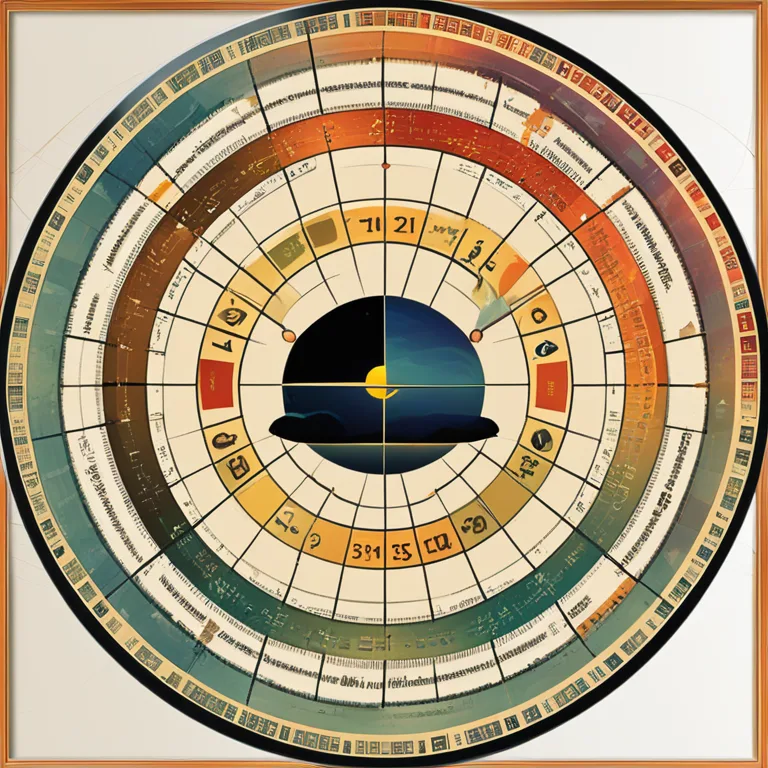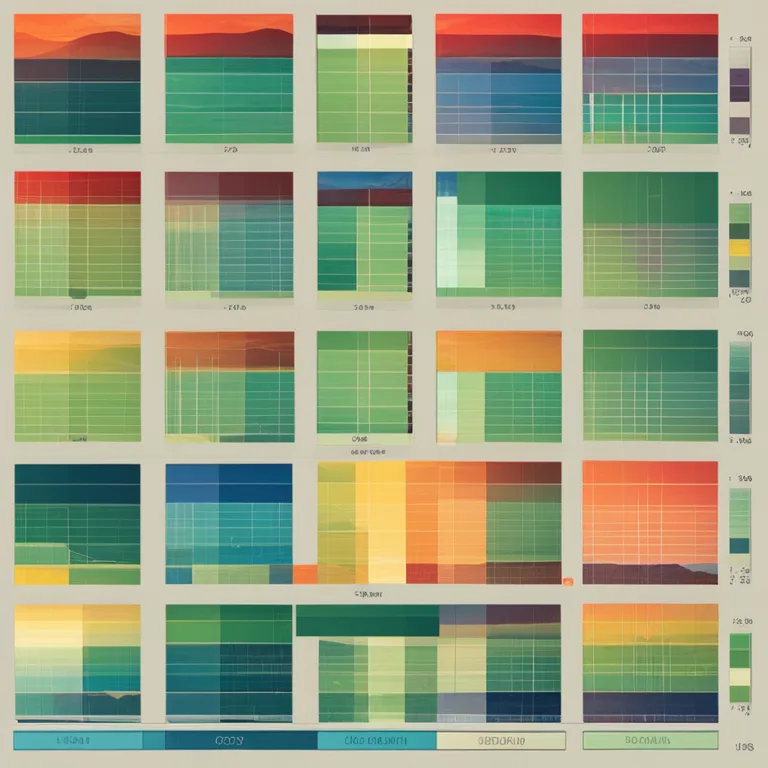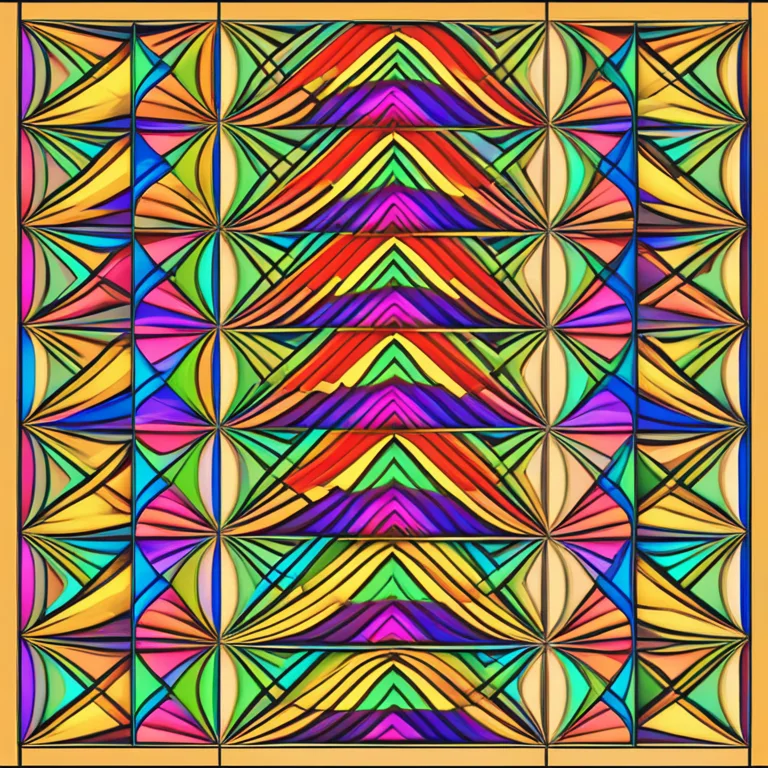
Biorhythm: Compatibility and Birth Dates
Discover how biorhythm compatibility based on birth dates can influence your personal connections and enhance relationship dynamics.
article by Adrian Wallace
Your Personal Biorhythm Chart
Biorhythms are a complex system believed to predict various aspects of an individual's life through cyclic patterns. By calculating these rhythms based on one's birth date, we can produce a personal biorhythm chart. This chart showcases the fluctuation of three primary cycles: the physical, emotional, and intellectual. Each cycle has a specific duration: 23 days for the physical, 28 days for the emotional, and 33 days for the intellectual. Understanding your own biorhythm chart is the first step in comprehending how it may interplay with others' rhythms in relationships.

The Significance of Birth Date Matchmaking
In the domain of biorhythm compatibility, birth dates play a pivotal role in determining the harmony between individuals. By comparing the biorhythm charts of two people, you can evaluate the potential synchronization of their cycles. This comparison can offer insights into how well the partners may connect physically, emotionally, and intellectually. Similar or complementary cyclic patterns can signify a strong and balanced bond, whereas contradictory cycles might indicate areas that require understanding and effort.

Biorhythm Compatibility in Relationships
The concept of biorhythm compatibility extends beyond mere matchmaking. It is a valuable tool for improving existing relationships. By being aware of your partner's biorhythmic patterns, you can better understand their behavior and needs at specific times. This personalized approach fosters empathy and compassion, as you recognize when your partner may need extra support or space. Additionally, planning joint activities around your positive biorhythmic phases can enhance togetherness and reduce potential conflict.

Calculating Biorhythmic Resonance
To calculate biorhythmic compatibility, specialized software or online calculators, updated to match the latest algorithms of 2024 and beyond, can be utilized. These tools consider the intricacies of each cycle and provide a compatibility score that represents the overall resonance between two people. While this score offers a general idea of compatibility, it's crucial to understand that the complexities of human relationships go beyond any numerical value and involve a multitude of factors.

The Future of Relationship Synergy
As our interest in personal well-being and relationship success continues to grow, biorhythm compatibility will likely gain further recognition. Tools and applications capable of analyzing and interpreting complex biorhythmic data are becoming more advanced. This technological advancement empowers individuals to make more informed decisions in their relationships and contributes to a new era of conscious connection.
Critical Perspectives on Biorhythm Theory
While many find value in biorhythm theory as a tool for enhancing self-awareness and interpersonal dynamics, it's vital to acknowledge the skeptics. Critics argue the lack of empirical evidence to support biorhythmic predictions and suggest that its applications border on the pseudoscientific. However, advocates emphasize that personal experience and anecdotal evidence reveal noticeable patterns that can positively influence one's life and relationships.
Embracing a Holistic Approach
In conclusion, whether or not one puts stock in biorhythm compatibility, it can be part of a broader, holistic approach to relationship-building. Combining this ancient concept with modern technology, communication, and understanding can offer a unique perspective on the ebbs and flows of our interactions with others. Remember, the alignment of biorhythms is just one piece of the relational puzzle.
Published: 12/28/2023
Modified: 12/28/2023
More predictions
Come back here soon to learn more about yourself and your future


Biorhythm Compatibility: Fact Or Myth?
Explore the concept of biorhythm compatibility to discover if there's a real connection between our biocycles and relationship harmony.


Biorhythm Wheel: Unlocking The Secrets
Explore the intriguing world of the biorhythm wheel to understand your physical, emotional, and intellectual cycles for enhanced well-being.


Biorhythm Theory: Fact Or Fallacy?
Explore the fascinating concept of biorhythms to discern if there's any scientific accuracy behind this popular belief.